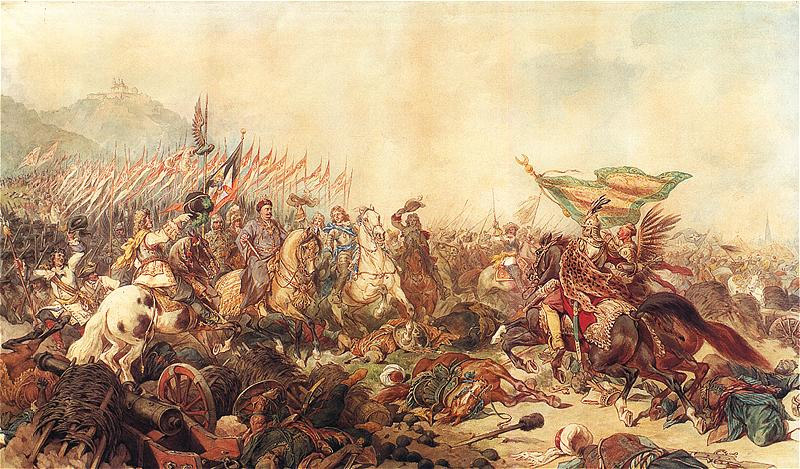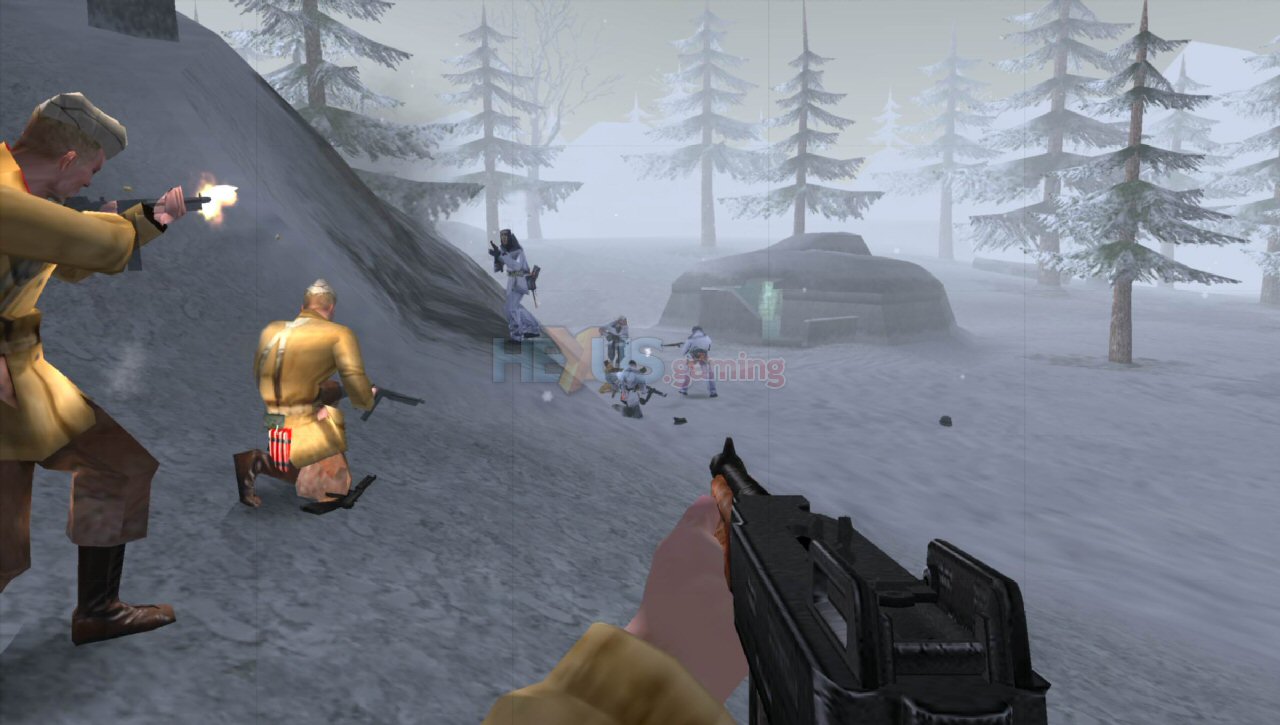A few days ago, I finally finished Samuel Huntington's 'Clash of Civilizations' having wanted to read it but never having time all through ym year of actually studying International Politics. First published in 1997, the book introduces a fascinating thesis - that future wars will not be fought on ideological, nationalist or realist lines, but on civilizational ones, with the world divided into multipolar regions dominated by various civilizations, which Huntington identifies as Western, Orthodox/Russian, Chinese, Japanese, Islamic, Hindu, Latin American, African and Buddhist.
One of Huntington's central arguments is that, as Western power declines relative to Chinese and Islamic power, so also will the attractiveness of Western values to the peoples of these civilizations. He argues that East Asians and Muslims, buoyed by rising economic prowess, and the increased military capability that this allows, are already espousing the superiorities of their respective civilizations over the West. Further, in his conclusion, he argues that if the West is to survive and renew itself, it must continue to cooperate economically and militarily, must curb the antisocial element in its society (which he suggests propogate the claims of Sinic and Islamic superiority), and must refrain from international intervenion in the affairs of other states, because of the instability and conflict this risks.
There are flaws in Huntington's main thesis certainly. In particular, he never convincingly shows how, at the crunch, realist/ liberal approaches to foreign policy are eschewed in favour of a civilizational policy. There is enough currency in his ideas however, to force the West (and Westerners) to seriously consider their appraisal of the West (and its values)' position in the world.
For instance, I would suspect that the majority of people reading this blog would subscribe to the existence of some notion of human rights, and also most probably beleive that democracy to be the most legitimate form of government. I would even venture to say that these beliefs are conditioned into politically aware Westerners quite comprehensively from an early age - in the classroom debate, if you are not pro-democracy then you are labelled as either communist, or (more likely in Britain at least) fascist.
As a conditioned Westerner, I believe that the attitudes above are indeed correct and righteous, but today's world sees these values failing increasingly to spread their roots in Asia and Africa. In Iraq and Afghanistan, the prospect of democracy (albeit one imposed by force) hangs in the balance. In Burma, the pro-democracy movement is crushed while the regional hegemon, China, chooses to nothings, whilst the West cannot do anything. In Pakistan, the greatest hope for democracy is assasinated by Islamic militants Smiliarly human rights abuses in China and Saudi Arabia (to name but two) are quietly sacrificed in favour of economic and strategic considerations.
If Huntington's analysis is therefore even partly accurate, I believe that Westerners must reconcile themselves to the new political climate. The march of liberal democracy has been stopped, and, while the Ottomans may not be at the gates of Vienna, Western values are nevertheless under intense examination across the globe. The world is becoming an unprecedently multipolar world, rife with instability, where a state's ability to project power beyond its own region is increasingly limited. For the West, I believe, this means focusing its democaratizing efforts on the areas it can actually influence, namely Latin America and southern Africa. For Westerners, it means accepting that our self-righteous preaching on democracy and human rights (whatever their actual legitimacy) will not be listened to in regions of the globe where other civilizations dominate. For a civilization so used to having its views respected and obeyed, it could prove a bitter pill to swallow.
Friday, 1 February 2008
Ymateb i - The Clash of Civilizations - Some Thoughts
Posted by Huw at 02:45 1 comments
Subscribe to:
Comments (Atom)


